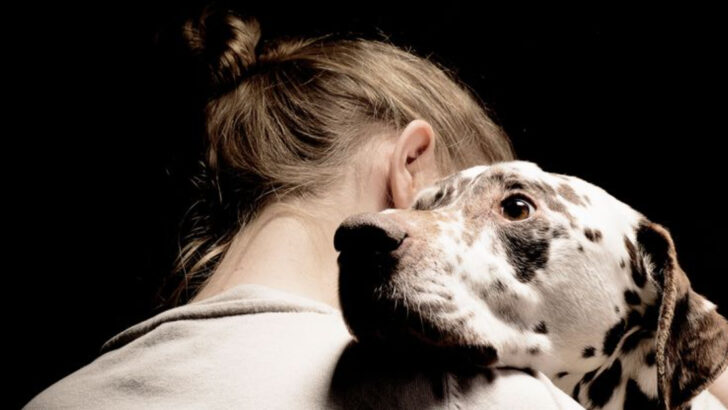Grief doesn’t just belong to humans—pets feel it, too. And it can break your heart all over again.
When one pet passes, the ones left behind often mourn in ways we don’t expect. They go quiet. They search. They wait. It’s raw, and it’s real. So naturally, you want to fix it. You want to comfort them.
But here’s the hard truth: some of the things we do to “help” only make things worse.
From forcing cuddles to rushing into a new adoption, well-meaning actions can backfire big time—leaving your grieving pet more confused, more anxious, and more heartbroken.
This guide walks you through 17 things not to do when trying to console a pet in mourning. Because when their world has just fallen apart, what they need most is support that actually soothes—not smothers.
Overwhelming Affection
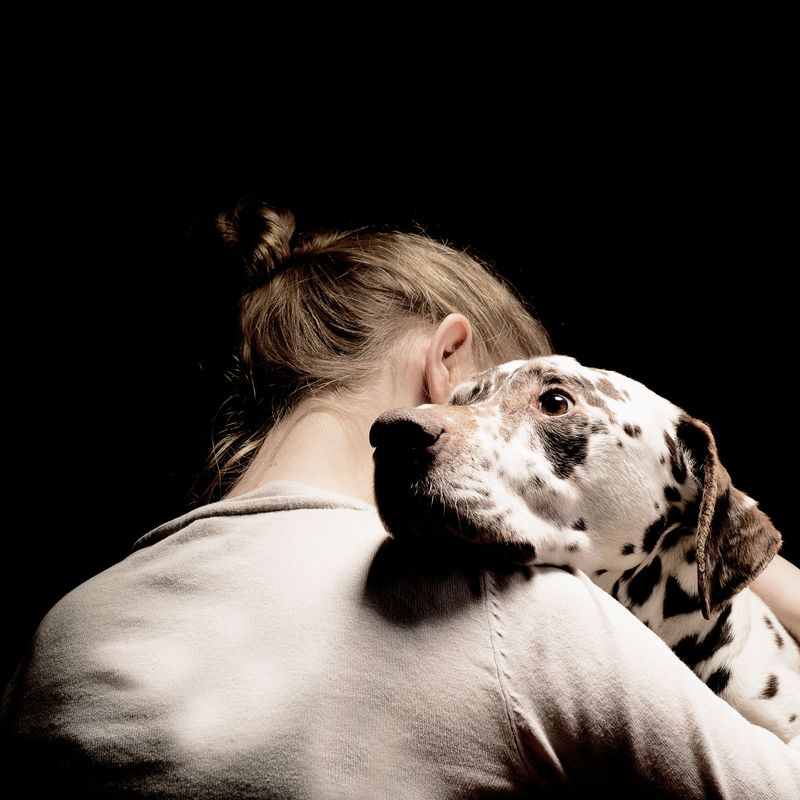
Showering your grieving pet with excessive affection might feel right, but it can overwhelm them. Pets need space to process loss. Crowding them with constant hugs can hinder their healing.
Imagine someone insisting on holding you when you need solitude; it can be suffocating. Instead, offer gentle, calm presence. Allow them to approach you when ready for affection.
Remember, patience is key. Let your pet dictate the pace of interactions. This respectful approach fosters trust and understanding, crucial for their emotional recovery.
New Toys Too Soon
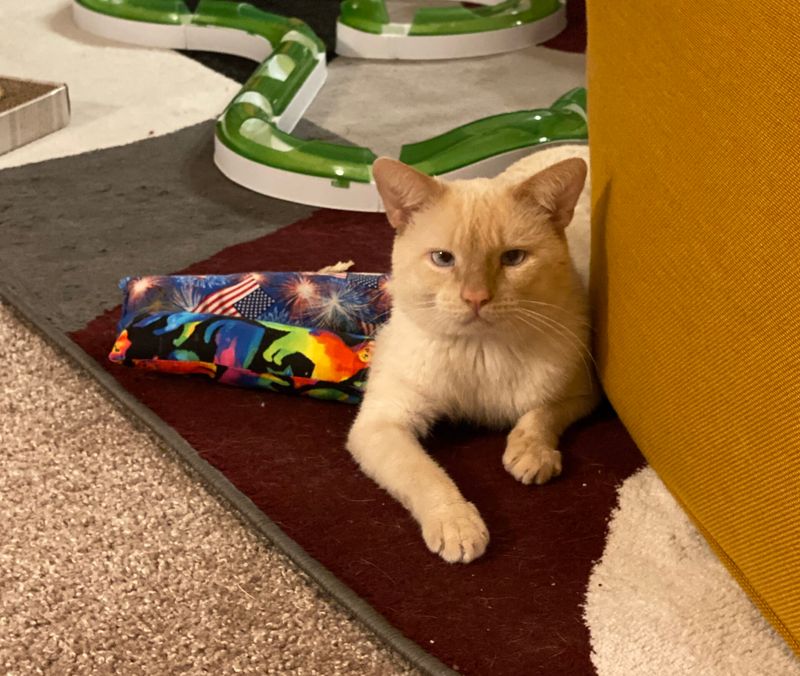
Introducing new toys immediately after a loss can confuse a grieving pet. They might interpret the gesture as an attempt to replace their lost friend.
Imagine offering a child a gift when they’re mourning a sibling; it feels awkward and misplaced. Give your pet time to express their grief. Let them rediscover joy at their own pace.
Once they’re ready, introducing a new toy becomes a positive experience, symbolizing healing. Until then, honor their emotions with patience and understanding.
Changing Routines Abruptly
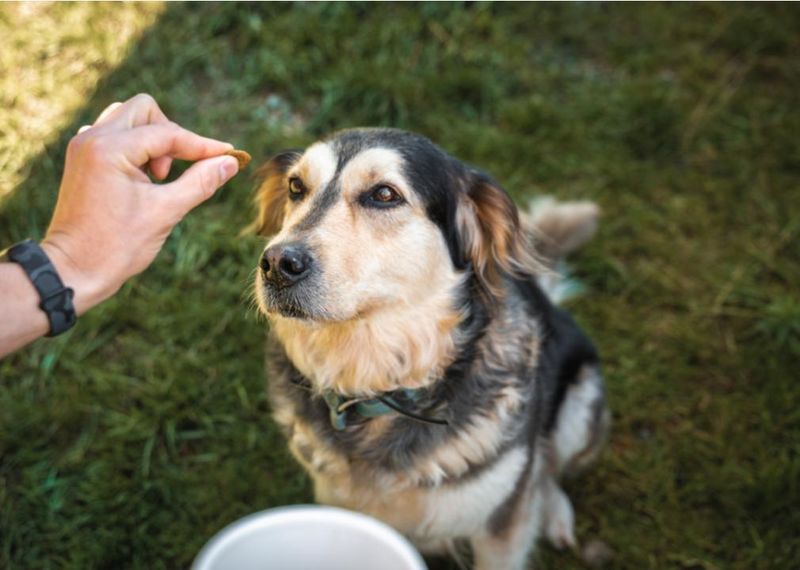
Pets thrive on routine. Altering their daily schedule abruptly after a loss can increase their anxiety. Routines offer a sense of normalcy and security.
Imagine suddenly changing your daily habits when you’re upset; it adds stress. Maintain familiar routines to provide comfort. Keep feeding times and walks consistent.
Gradual changes, if necessary, should be introduced slowly, respecting their emotional state. This approach helps your pet feel secure and supported, aiding in their coping process.
Ignoring the Grief
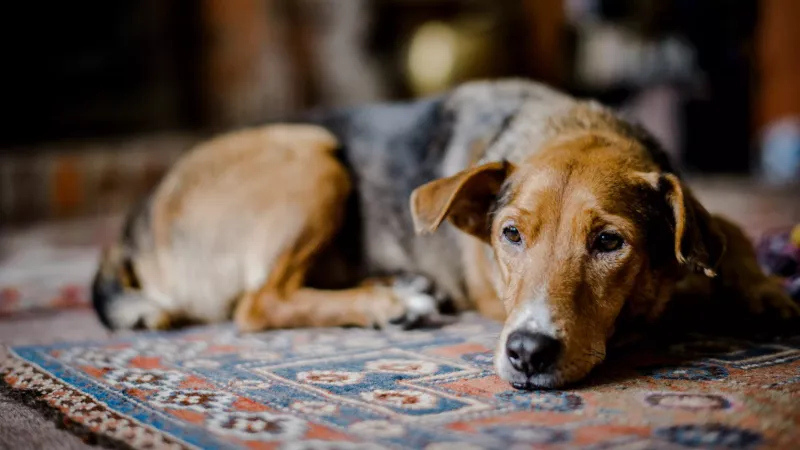
Ignoring a pet’s grief is like overlooking a friend’s sadness. It invalidates their feelings, leaving them isolated. Pets may not express sorrow like humans, but they deeply feel loss.
Recognize their emotions. Offer comforting presence without forcing interaction. Speak softly and spend quiet time together.
Acknowledging their grief helps them feel understood and less alone. This empathetic approach fosters a supportive environment where healing can begin.
Bringing New Pets Immediately
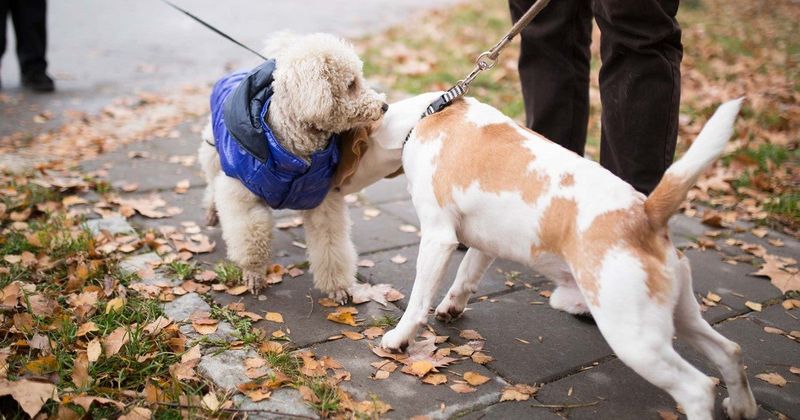
Introducing a new pet too soon after a loss can be jarring for a grieving animal. They might see the newcomer as an intruder rather than a companion.
Imagine losing a friend and immediately having to welcome a stranger; it’s unsettling. Allow your pet time to grieve and adjust before considering a new addition.
When the time is right, a new pet can be a source of joy and companionship. Until then, focus on providing stability and comfort.
Unfamiliar Environments
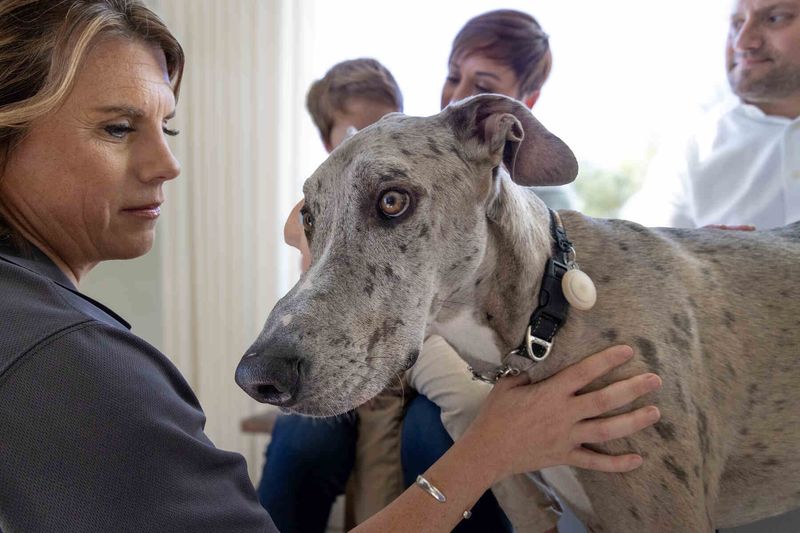
Taking a grieving pet to an unfamiliar place can heighten their anxiety. New environments can be overwhelming during emotional distress.
Consider how unsettling it feels to be in a strange place when you’re already vulnerable. Keep their surroundings familiar and comforting.
If travel or relocation is unavoidable, bring familiar items like toys or blankets to ease the transition. This provides a sense of familiarity and safety.
Forced Socialization
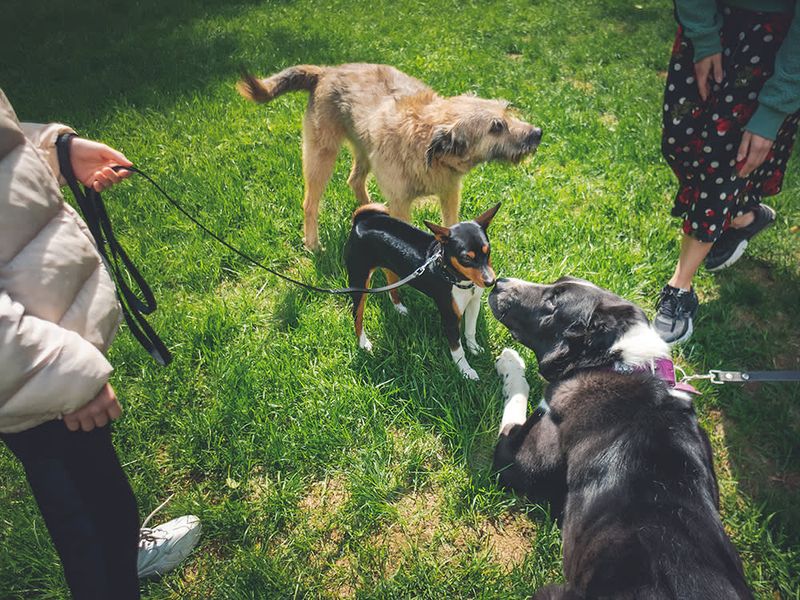
Push a grieving pet into social situations, and you risk increasing their stress. They may not be ready for interaction with others.
Imagine being forced to mingle at a party while grieving; it’s uncomfortable. Allow your pet to choose when and how to socialize. Respect their need for solitude.
Offer gradual exposure, letting them seek or avoid contact on their terms. This respects their emotional boundaries and aids in recovery.
Overfeeding Treats
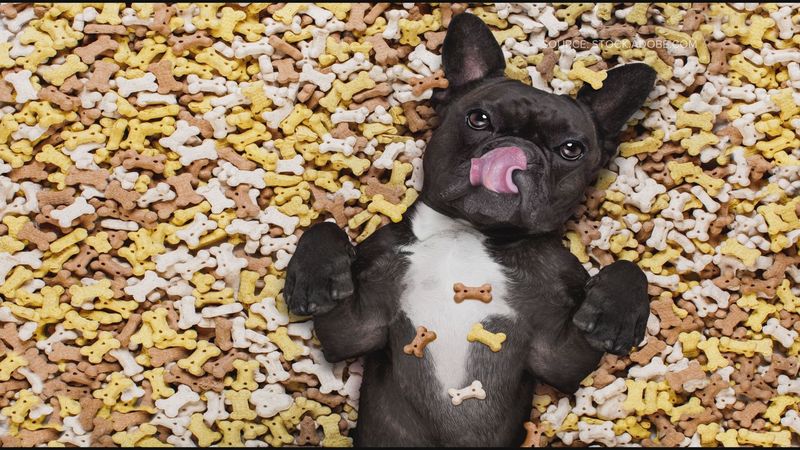
It’s tempting to comfort a grieving pet with treats, but overfeeding isn’t a solution. Excess treats can lead to health issues like obesity, compounding their distress.
Consider the effects of emotional eating in humans; it doesn’t alleviate sorrow. Offer treats sparingly, using them to encourage positive behavior or interaction.
Focus on maintaining a balanced diet. This promotes physical health, reflecting positively on their emotional well-being, as a sound body helps heal the mind.
Loud Noises and Chaos
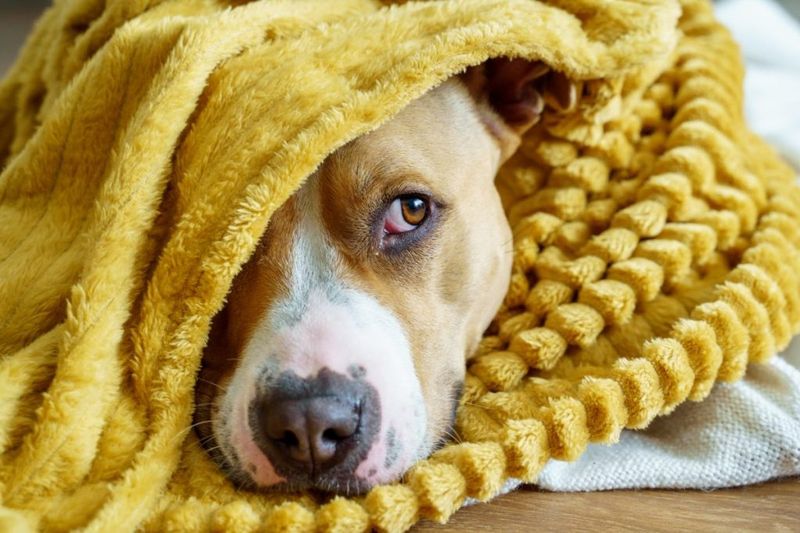
For a grieving pet, loud noises amplify stress and confusion. A chaotic environment adds to their anxiety.
Imagine enduring loud music when you’re already feeling fragile; it’s distressing. Create a calm, quiet space for your pet to retreat to. Minimize disturbances during this vulnerable time.
This peaceful environment offers a sanctuary where your pet can relax and begin to heal, away from the chaos.
Overanalyzing Pet Behavior
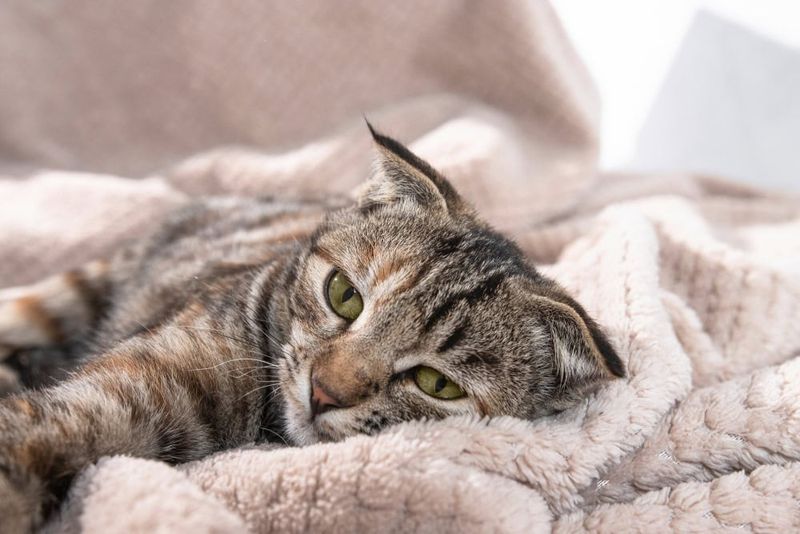
Constantly scrutinizing a grieving pet’s behavior can stress both pet and owner. Overanalysis might lead to unnecessary worry or misinterpretation of normal behavior.
Imagine the pressure of being watched closely during your vulnerable moments. Instead, observe gently and without judgment.
Trust your instincts, but allow space for your pet to express their grief naturally. This builds a trusting relationship, essential for their healing journey.
Ignoring Signs of Depression
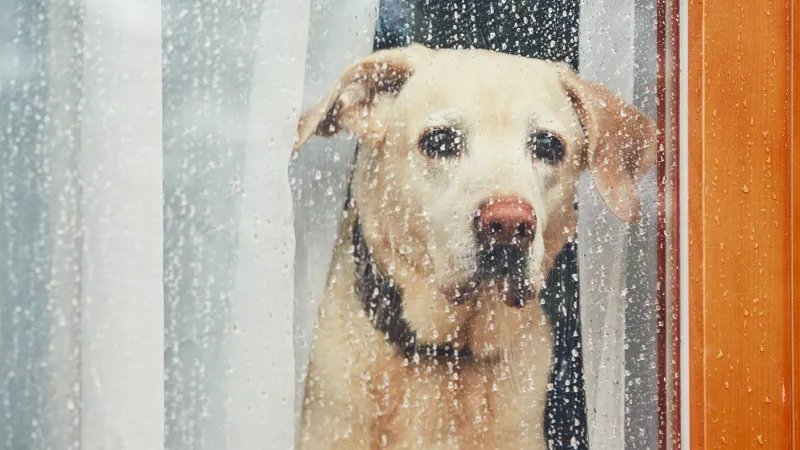
Dismissing signs of depression in a grieving pet can prolong their suffering. Just as with people, unaddressed pet depression can lead to long-term issues.
Recognize signs like lethargy or changes in appetite. Consult a veterinarian if concerns arise.
Taking action demonstrates your commitment to their well-being. This proactive approach ensures your pet receives the necessary support, aiding their emotional recovery.
Sudden Vet Visits
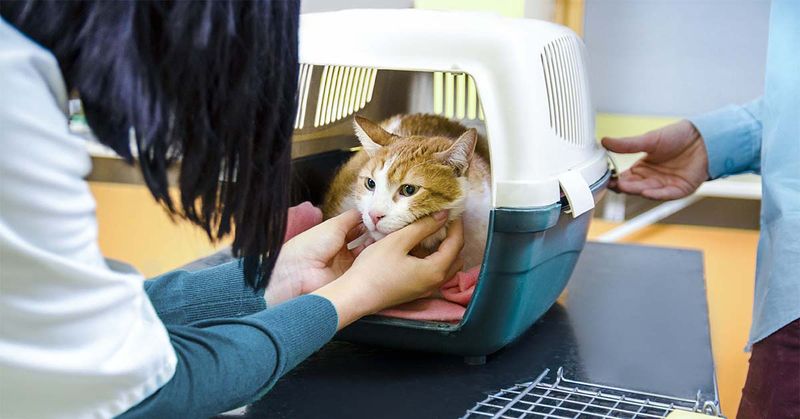
Taking a grieving pet to the vet without warning can escalate their stress. Unfamiliar settings are daunting, especially when they’re already upset.
Imagine unexpected medical appointments when you’re emotionally fragile; it’s unsettling. Prepare them with familiar objects and calming routines.
If a visit is necessary, ensure comfort through gentle handling. This considerate approach helps maintain trust and eases anxiety.
Disregarding Past Memories
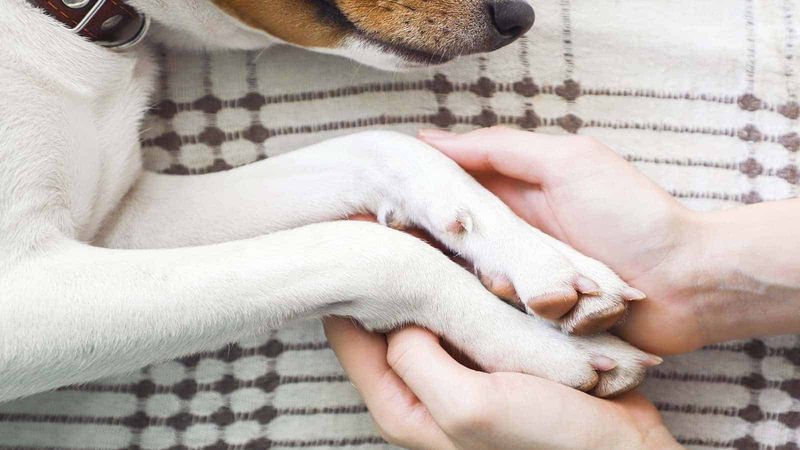
Clearing away memories of a lost companion can feel like erasing their existence to a grieving pet. It might signal that their feelings are insignificant.
Reflect on how you’d feel if a loved one’s belongings vanished overnight; it’s distressing. Preserve familiar items to honor their bond.
Gradually introduce change, respecting their emotional connection. This gentle approach acknowledges their grief, fostering emotional security.
Imposing Personal Grief
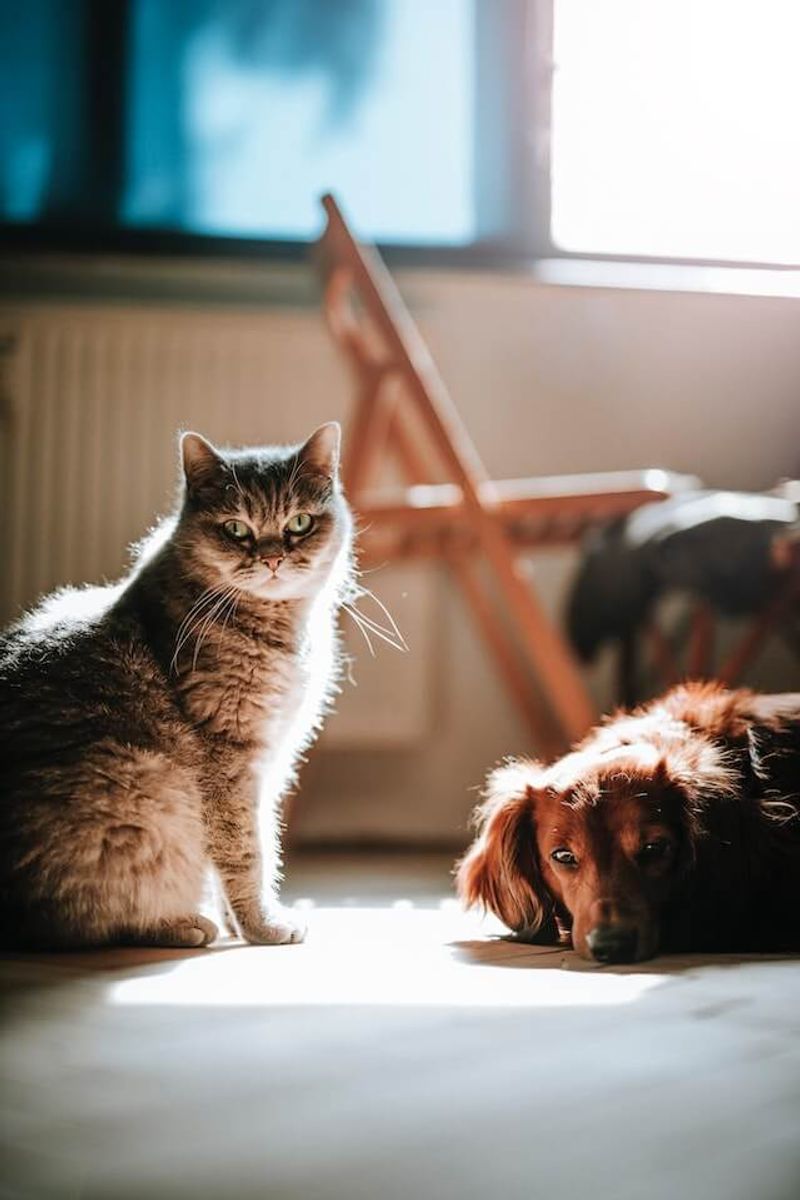
Projecting your grief onto a pet can burden them further. They may already struggle with their emotions and shouldn’t shoulder additional distress.
Consider how overwhelming it is to support someone when you’re also grieving. Share your sorrow with understanding friends or therapists instead.
Offer your pet calm, reassuring presence. This creates a nurturing environment where both of you can heal together, strengthening your bond.
Overestimating Pet’s Resilience
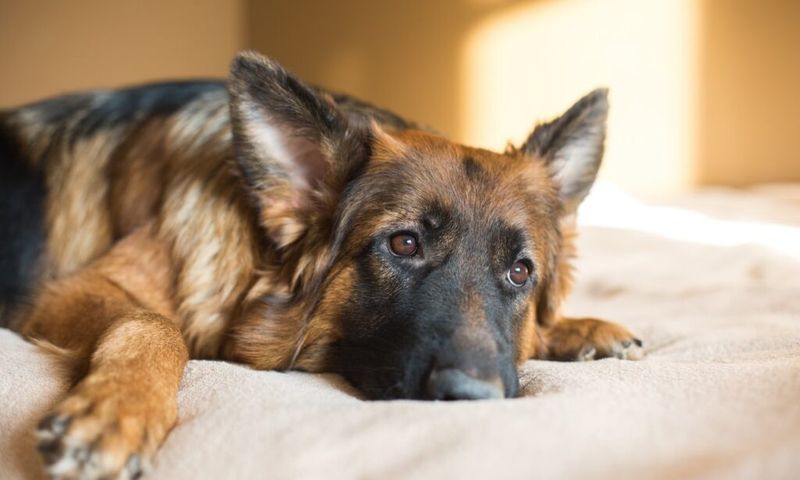
Assuming a pet’s resilience without acknowledging their grief can lead to neglect. Pets need time and support to heal, much like humans.
Imagine being expected to move on quickly after a loss; it’s unrealistic. Provide emotional support through understanding and patience.
Observe their behavior for cues, offering comfort as needed. This approach ensures they receive the care necessary to recover fully, emphasizing their emotional needs.
Ignoring Routine Health Check-ups
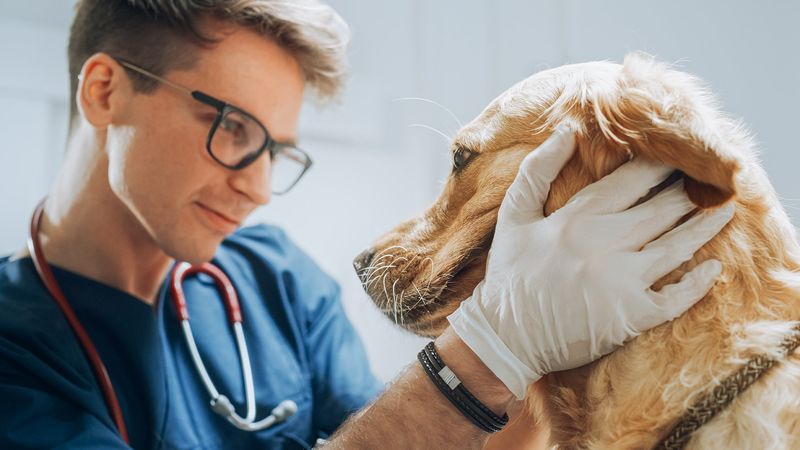
Neglecting regular health check-ups during a pet’s grieving period can overlook underlying issues. Stress can manifest physically, requiring attention.
Think of how stress affects human health; pets aren’t different. Ensure routine vet visits to monitor their well-being.
This proactive care supports their recovery, addressing both physical and emotional health. By prioritizing their overall wellness, you provide a strong foundation for healing.
Neglecting Mental Stimulation
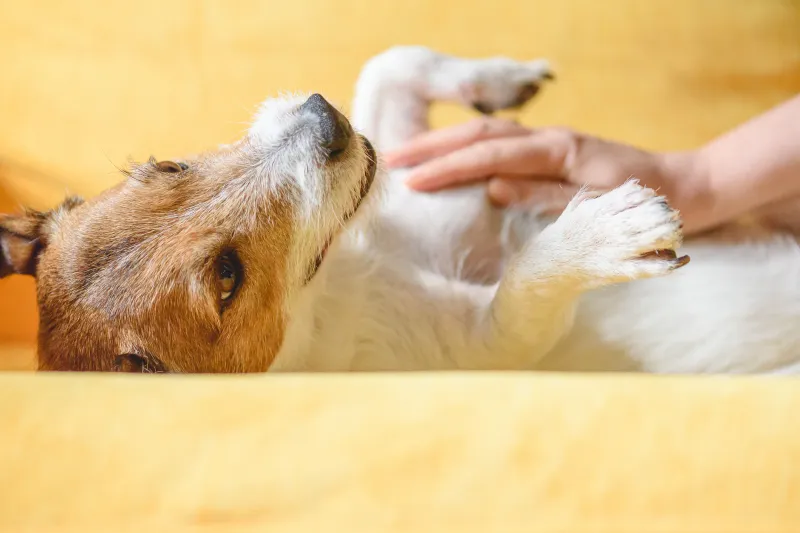
Failing to provide mental stimulation for a grieving pet can prolong their sadness. Just as humans benefit from engaging activities during tough times, pets need distraction too.
Introduce puzzle toys or gentle games to occupy their mind. This prevents boredom and promotes a sense of accomplishment.
Tailor activities to their interests and energy levels. Offering mental stimulation supports their emotional well-being, helping them cope with loss more effectively.

